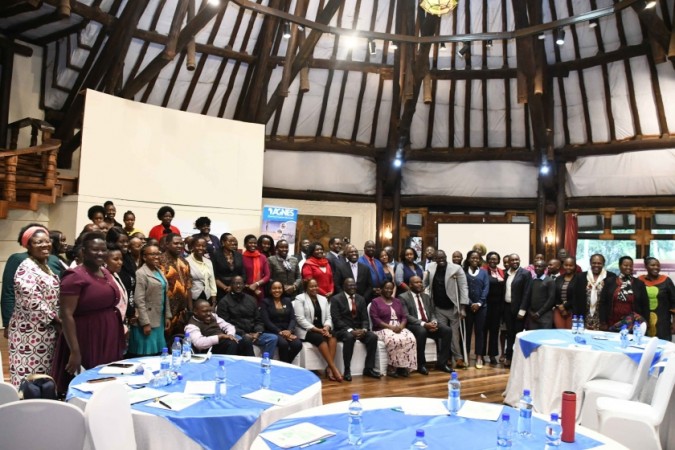
In a pivotal move to bridge the glaring gap in African representation within global climate change research, the African Group of Negotiators Experts Support (AGNES) has unveiled a comprehensive database. This initiative is part of a broader continental effort to enhance accessibility to climate change knowledge and its impacts throughout Africa.
Responding to concerns raised by the UN Intergovernmental Panel on Climate Change, which highlighted that a mere 11 per cent of authors contributing to climate-related fields globally are from Africa, AGNES has taken a significant step. Telvin Denje, a research associate at AGNES, pointed out that although Africa produces substantial research on climate-related issues, high publication costs and prolonged delays often hinder accessibility, leaving much valuable research unpublished or classified as "grey literature."
The newly launched database compiles an exhaustive list of African experts in climate change and related fields, encompassing both published and unpublished research. The primary objective is to facilitate networking, boost visibility, and simplify the process for National Focal Points to nominate experts for global assessments, particularly for the Intergovernmental Panel on Climate Change (IPCC) reports.
Denje stressed, "We are trying to solve the problem of African representation in the IPCC and bring up many experts who remain unknown and are working in silos." The database not only enhances the visibility of researchers but also serves as a valuable resource for policymakers by summarizing research findings into policy briefs.
Cromwell Lukurito, the Vice Chair of IPCC Working Group II, emphasized the database's significance in increasing knowledge on the continent and influencing climate negotiations. He called for increased funding for research in African countries, emphasizing that research should inspire policies and contribute to bridging the existing gap between scientific findings and policymaking.
As AGNES continues to update the database with research contributions from experts across the continent, the initiative marks a significant step toward fostering a more inclusive and impactful representation of African voices in global climate discourse. This database represents a vital tool in addressing the historical underrepresentation of African expertise in international climate research and policymaking.
Article by Nyokabi Wanjiku
Photo/Google

Comment